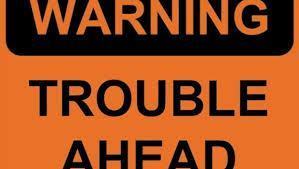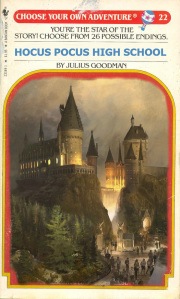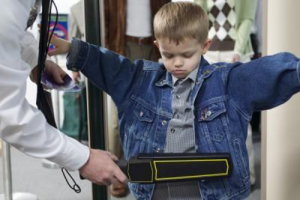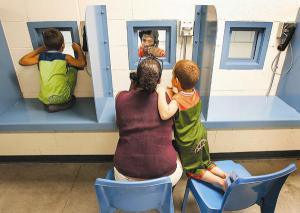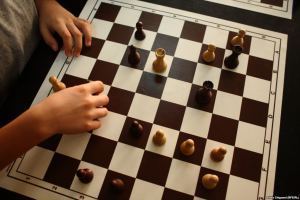In Which We Visit Prison
Gentle Reader, a lot of people don’t seem to know that I have an older sister, or had an older brother. They were teenagers when my parents married*; I wasn’t born until a year or two later. My brother, D, was in and out of trouble in those tumultuous teenage years, and into his twenties. A great deal of trouble.
He got sent to prison, in fact†. By his step-father. This improved their relationship dramatically, I’m sure.
He was first incarcerated when I was five – about the time I started kindergarten, in fact. At the time, I just thought he was going to some special big-boy school, and didn’t quite understand why he didn’t come home in the evenings. After a year or two, I could read, and read – for the very first time – of boarding school, in The Chronicles of Narnia. When I asked my parents why D was in boarding school and I wasn’t, they weren’t amused. They didn’t understand that I wasn’t joking – I was jealous.
That may have been why they finally decided to take me to visit my brother, in prison. The women’s prison for the state was in our humble hamlet; unfortunately, the men’s facility was a two-hour drive away. A squalling six-year-old on a road-trip of that sort, and duration? Pleasant for nobody. My parents undertook it gladly, though – it was a necessary task.
We arrived, entered, were frisked. I thought that the metal-detectors were great fun. My father had to use his patented, signature glare on me – the guards were in no mood to deal with frisky children, and he was in no mood to deal with the sort of trouble I could have gotten into.
We were escorted to what was essentially a large telephone booth. If you’re unfamiliar, there’s a formica half-counter, on which to lean and a plastic chair of the sort you would find in a middle-school cafeteria. Through the tinted, dim, window you can vaguely discern your friend or loved one’s features. There is a phone-booth style handset hanging to your left, that only dials one number.
You are permitted thirty minutes.
This is not enough time, when constantly interrupted by a child’s chatter.
My father was trying to discuss important things, like lawyer’s fees and parole. I wanted to tell D all about my new puppy and also this thing that Teacher said and also also about this picture I drew and maybe I will write you a story in class, D!
I like to think that D took comfort in the ease that I took in his incarceration. I was never bothered by it, nor judged him for it – it was simply what was happening at the time. I loved my big brother, and that was the end of the story.
We visited him a few times after that, after I understood that he wasn’t having adventures in magical boarding schools. Sometimes, if you show up on the correct day, they even let you meet in a large white common room, reminding you of nothing so much as the dining hall of a hospital. My brother taught me to play chess in this sterile, cheerless, environment; I was seven or eight. Over the course of our next several visits, I gradually improved; I was very proud the first time I beat him.
Eventually, he was released, and got his life straightened out – and he kept it pretty level, until he passed away. The family doesn’t much speak of his time in prison, not wanting to speak ill of the dead – I think that it’s important to acknowledge these things. After all, I spent time in prison as a child.
*********
*My father knocked a girl up back in the Sixties, when he was seventeen (she was sixteen). They married, had two children and a white picket fence, were together many years, and were miserable. It ended badly. He married my mother when my sister (the elder) was about 14 or 15; my brother was 13.
†You’re too polite to inquire, but I know you’re wondering: He was imprisoned for stealing and forging checks of his stepfather’s. He was 18 or 19.
Tagged: Boarding school, Brotherhood, Childhood Memories, Chronicles of Narnia, Family Stories That Are Completely True, Growing Up, Incarceration, Prison, Shelton



